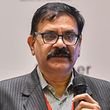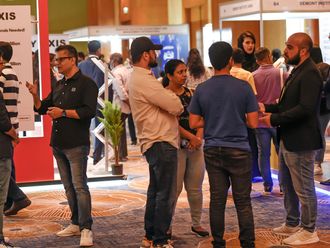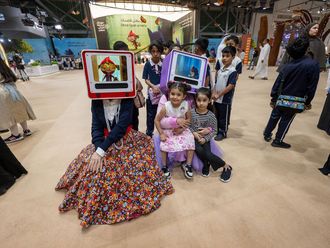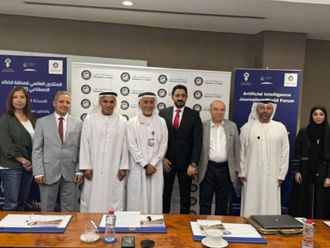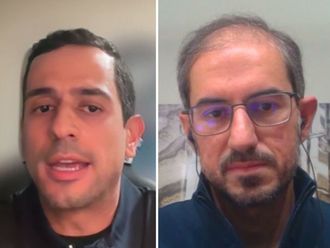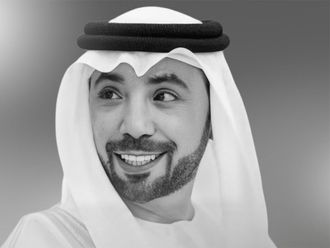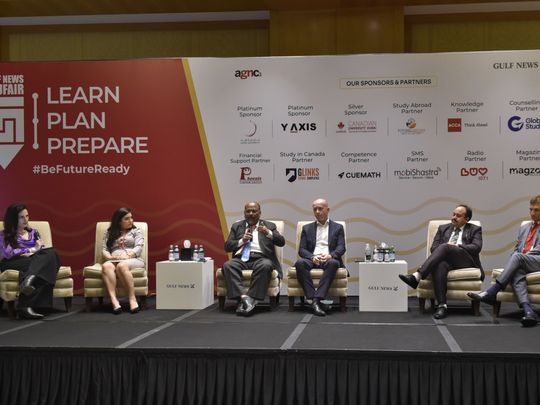
Dubai: Empowering students with soft skills for future job market is the need of the hour for universities, a panel of educators said at the Gulf News Edufair on Friday.
Speaking at the event, Anil Ahluwalia, Academic Head, DeMont Institute of Management and Technology, said change is happening exponentially. “Educators need to keep pace with the change and education has to keep up with technology as this will create a seamless integration between the stakeholders. More emphasis will be on cognitive skills, critical thinking skills. Today students do not need just the hard skills but the soft skills as well,” added Ahluwalia.
Prof Dr Elango Rengasamy, Professor of Finance and Associate Dean, Global Business Studies (GBS) Dubai echoed the analysis.
“As educators we have to make an introspection of ourselves as institutions. We need to ask if we are delivering the right skills, the right competencies and knowledge to the students so that when they are ready for the next phase of their lives – which is finding a job.”
“It is very essential for students to not only have the academic skills, but the soft skills as well. For instance, skills such as communication, complex problem solving, research, interpersonal skills all attribute to the student successfully achieving results in his career. According to me, educational institutions should have this as part of their course studies and curriculum,” said Rengasamy.
Dr Rita Zgheib, Assistant Professor, Computer Science, Canadian University Dubai, said: “My message to students is that they must get as many skills as they can when they venture into university. Academic studies is key, but they must go beyond the let’s say the typical courses that are available. For example take up entrepreneurship, AI, Data Science are some different courses that students can take up.”
read more
- Second day of Gulf News Edufair begins with thought-provoking discussions on education trends
- Gulf News Edufair takes off to a flying start in Dubai
- Gulf News Edufair conferences to help chart your course to success
- Top-ranked universities showcase degrees for the future at Gulf News Edufair
- GN Edufair: Why Maths is essential in day-to-day life
Impact of technology
Dr Zgheib said: “I had concerns about ChatGPT. I believe what we need is to contextualise our questions. Students need to be involved in more interesting projects and more innovative projects, taking into account current times.”
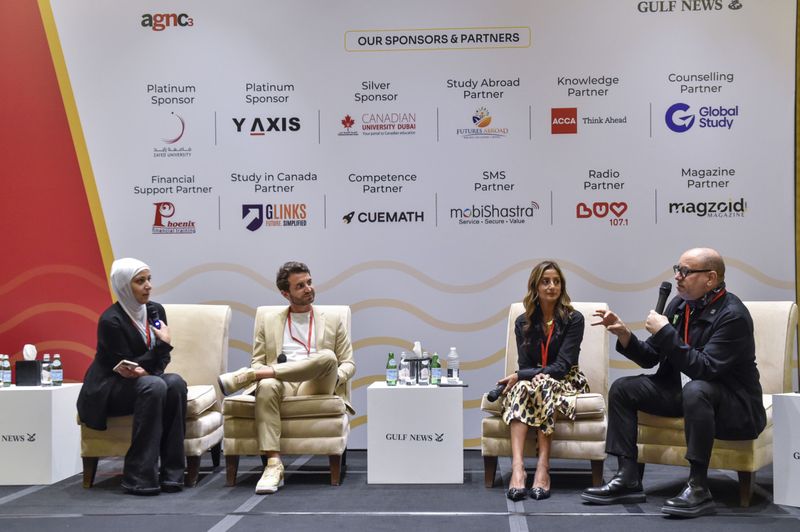
Hani Asfour, Dean, Dubai Institute of Design and Innovation (DIDI), also said: “Opportunities in the Web3 space are plentiful, but it’s important to stay up-to-date on industry requirements to be relevant in job market and have the right skillsets,” during a panel on ‘Career options in the Web3 industry and Metaverse’.
Dr Ajay Shukla, Managing Director, Middle East and India at Global Study, said: “We are in the midst of the fourth industrial revolution and the rate of change is fast. In order to succeed in this new landscape, individuals will need to develop a new set of skills to survive.”
He believed despite Artificial Intelligence and ChatGPT, human involvement will always remain critical and important. “Treat it as a friend, not your master.”
He cited an example of how workplace skills have changed from 2015 until now and they cannot be replaced by technology today.
Dr Shukla said: “In 2015, the top ten workplace skills that were required included complex problem solving, coordinating with others, people management, critical thinking, negotiation, quality control, service orientation, judgement and decision making, active listening and creativity.”
He added: “In 2020 the order has changed and some new skills have been added. For example, cognitive flexibility, emotional intelligence have been added. These will not come with AI.”
Citing the 21st century skills, Dr Shukla said the four essential ‘Cs’ of competencies for students approaching complex changes are critical thinking, creativity, communication, collaboration. He laid out character as a quality on how students can approach the changing environment. “Curiosity, initiative, persistence, grit, adaptability, leadership , social and cultural awareness are qualities that AI cannot replace.”


